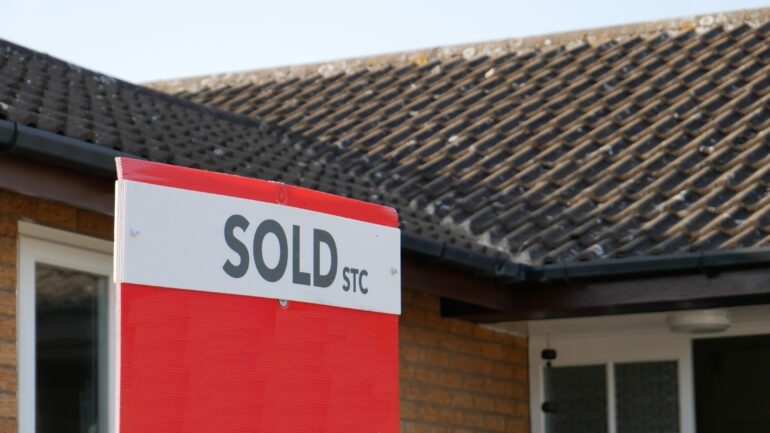Quarterly data revealed a decrease in both transactions and receipts related to the UK’s stamp duty land tax (SDLT) for the first quarter of 2023.
Despite fears that stamp duty reliefs might inflate house prices, these findings indicate that such measures primarily stimulate market movement without driving up costs, according to a report by Evelyn Partners, a wealth management and professional services firm.
The data, sourced from HM Revenue & Customs, presents a 31% reduction in residential property SDLT transactions for Q1 2023 compared to the previous quarter, and a 14% drop from Q1 2022. Residential SDLT receipts also fell significantly, down by 36% from the previous quarter and 23% from the same period last year.
This slump in SDLT transactions marks the lowest since the implementation of social distancing rules in Q2 2020. Receipts have also followed this downturn, with the recent quarter witnessing continued decline, aligning with the decrease in transactions.
Adrian Lowery, financial analyst at Evelyn Partners, said: “Quarterly SDLT data can be volatile, especially in recent years due to various policy adjustments and reliefs. There was a surge in both transactions and receipts in the latter half of 2022 thanks to the nil rate threshold increase to £250,000 and the First Time Buyers’ Relief.”
Lowery attributed the significant drop-off in the latest quarter to a slowing UK property market, as heightened mortgage rates and the cost of living continue to impose restrictions on homebuyers.
The HMRC also released an in-depth analysis examining the impact of the SDLT reliefs announced in the Autumn Budget of November 2017.
The findings revealed an 11% increase in transactions in the £125,001 to £300,000 property value band, and just a 1% increase in prices that first-time buyers (FTBs) paid for properties in the same value band.
For the £300,001 to £500,000 band, transactions saw an 18% increase, however, there was no statistically significant impact on prices paid by FTBs in this mortgage value band.
These observations suggest that while stamp duty cuts or holidays significantly boost transactions, they have minimal effect on house prices.
The report suggests that stamp duty in the UK presents a significant disincentive to moving, potentially stalling the property market. However, the anticipated inflationary impact on property values from removing this tax appears to be overestimated.
“This echoes the conclusions of other reports that have suggested the broader 2020/21 SDLT holidays had little contribution to rising house prices,” Lowery noted. The International Monetary Fund recently encouraged the Chancellor to reconsider stamp duty and transition away from transaction taxes, which may constrain housing and labour mobility.
With a General Election imminent, Lowery questioned whether this could be a matter Jeremy Hunt, the Chancellor, might address in his upcoming Autumn Budget.



